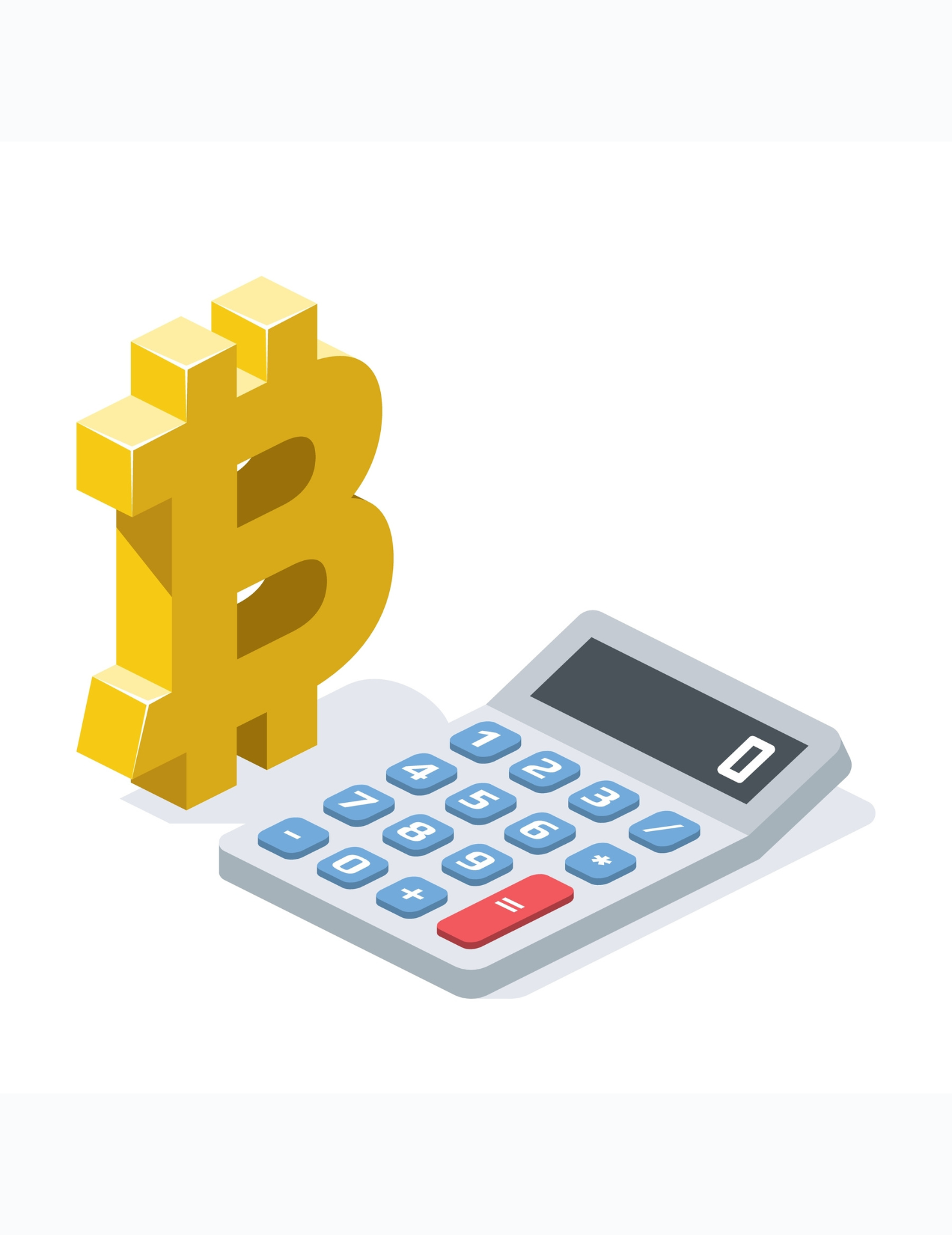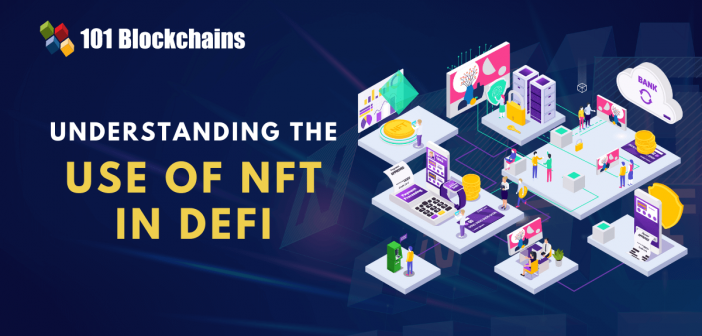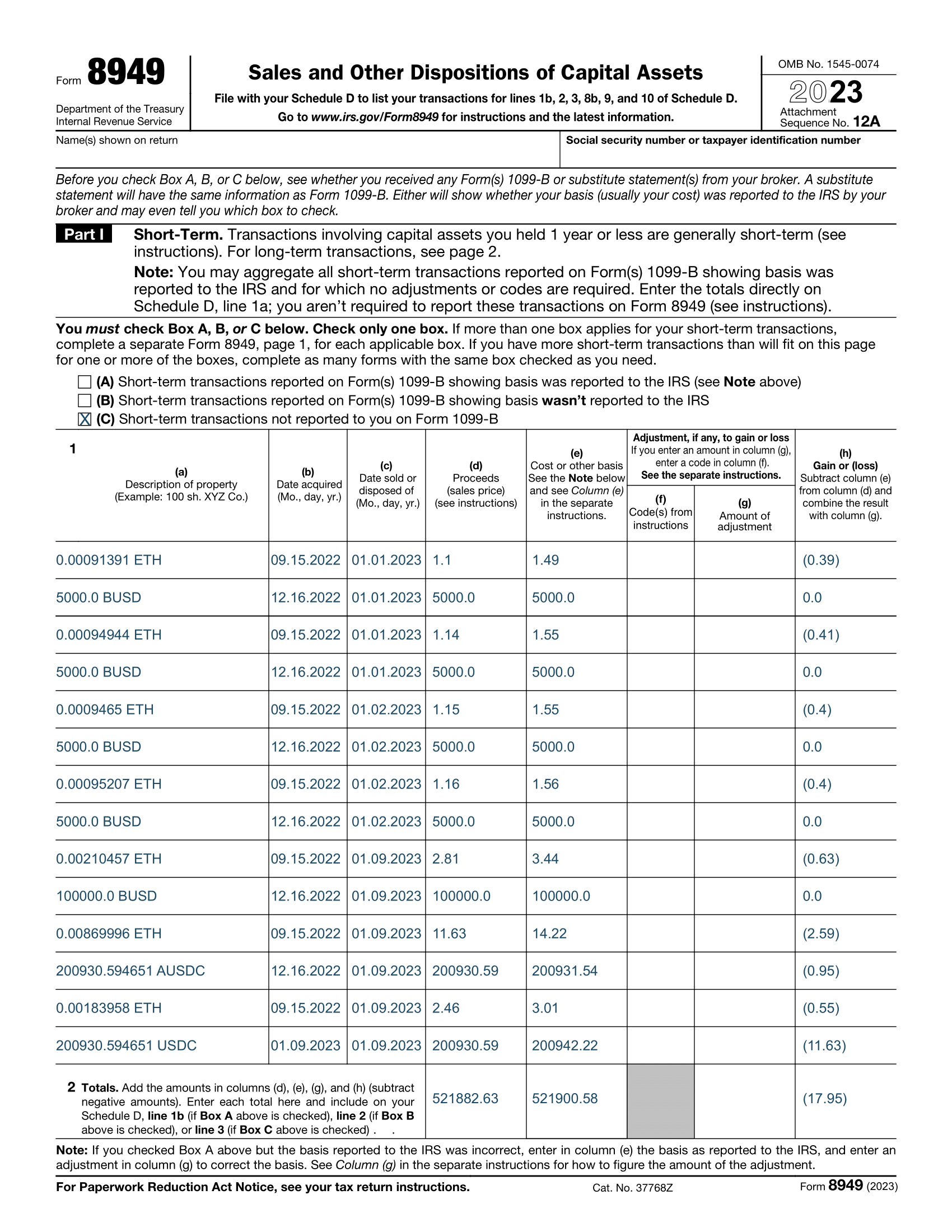
What is TokenTax and Why It Matters
I've been using TokenTax since 2022, and it's one of the few crypto tax platforms that doesn't completely lose its shit when you throw complex DeFi transactions at it. Founded in 2017, TokenTax started as just another tax calculator but evolved into something much more useful - they actually employ real CPAs who understand crypto, not just software that pretends everything is a simple buy/sell.
The reason I stick with TokenTax is simple: other platforms break when you have real portfolios. Try importing 5,000 Uniswap v3 LP rewards into CoinTracker - good luck with that mess. TokenTax handles it without throwing "unrecognized transaction" errors every five minutes.
TokenTax connects to basically every exchange that matters - Binance, Coinbase, Kraken, plus all the DeFi protocols and NFT marketplaces. They claim 300+ integrations, which sounds like bullshit until you actually need support for some random exchange and find out it works.
The IRS is rolling out new reporting rules in 2025 that target crypto specifically. TokenTax handles the new Form 1099-DA stuff automatically, which saves you from figuring out that clusterfuck manually.
Why TokenTax Doesn't Suck (Unlike Most Alternatives)
Here's the problem every crypto investor faces: you've got transactions scattered across Binance, Coinbase, MetaMask, three different DeFi protocols, maybe some NFT marketplace, and that one obscure DEX you used once at 2am. When tax season hits, you're looking at spreadsheets from hell.
Most tax software craps out at this point. I've watched Koinly mark my entire Curve.fi LP position as "unknown transactions" for three months straight. CoinLedger just gave up and classified my Convex rewards as "staking income" when they're obviously LP rewards. TokenTax actually figures this stuff out.
The smart thing TokenTax does is offer two tracks: DIY software for people who know what they're doing, and actual human CPAs for when your portfolio looks like abstract art. The software handles the basic stuff - imports transactions, calculates capital gains with FIFO/LIFO, spits out Form 8949 and Schedule D. Nothing revolutionary there.
But the VIP service is where they shine. Real CPAs who actually understand that your Yearn vault rewards aren't just "miscellaneous income." I used it in 2024 when my DeFi positions got too complex for automated software. Worth the $3,499 if your portfolio is genuinely complicated.
The IRS is getting aggressive about crypto - new rules specifically target DeFi and NFTs. Having a platform that handles staking taxes and DeFi reporting correctly isn't optional anymore.
Who Actually Uses This Thing
TokenTax pricing starts at $65 for the Basic plan (100 transactions max). If you're just buying Bitcoin on Coinbase occasionally, honestly save your money and use a free option. But if you've got actual DeFi activity, the $199 Premium plan becomes worth it fast.
The $1,999 Pro plan is for people with serious volume - 20,000 transactions is no joke. I know traders who hit that by February just from arbitrage bots. The margin trading calculations alone save hours of manual work.
The TurboTax integration is actually useful - they're official partners, so imports work without the usual CSV formatting bullshit you get with other platforms. Still takes like 10 minutes to process, but it beats manually entering 800 transactions.
Pro tip: TokenTax's real-time tax preview saved my ass in December 2024. I was about to realize some gains that would've pushed me into a higher bracket. The live calculation showed me exactly what I'd owe, so I held off until January. That feature alone paid for the subscription.
Look, the IRS is cracking down harder on crypto with new reporting rules coming in 2025. Using a platform that actually gets this stuff right isn't negotiable anymore. The days of "forgot to report my DeFi yields" are over.
Why TokenTax Doesn't Completely Suck
TokenTax gets press coverage (Yahoo Finance, Business Insider, whatever) and sits around 4 stars on Trustpilot. The reviews are mixed - people love the human support but complain about pricing. Fair criticism, honestly.
The main difference between TokenTax and competitors like Koinly or CoinTracker is that TokenTax actually hires people who understand crypto taxes. Not just developers who think a DEX trade is the same as a stock sale. When your Balancer LP rewards break their algorithm, you can talk to a human who knows what Balancer is.
I've tested this multiple times. CoinTracker labels my Compound lending as "miscellaneous income." Koinly thinks my Curve rewards are airdrops. TokenTax gets it right because they have actual accountants, not just pattern-matching software.


